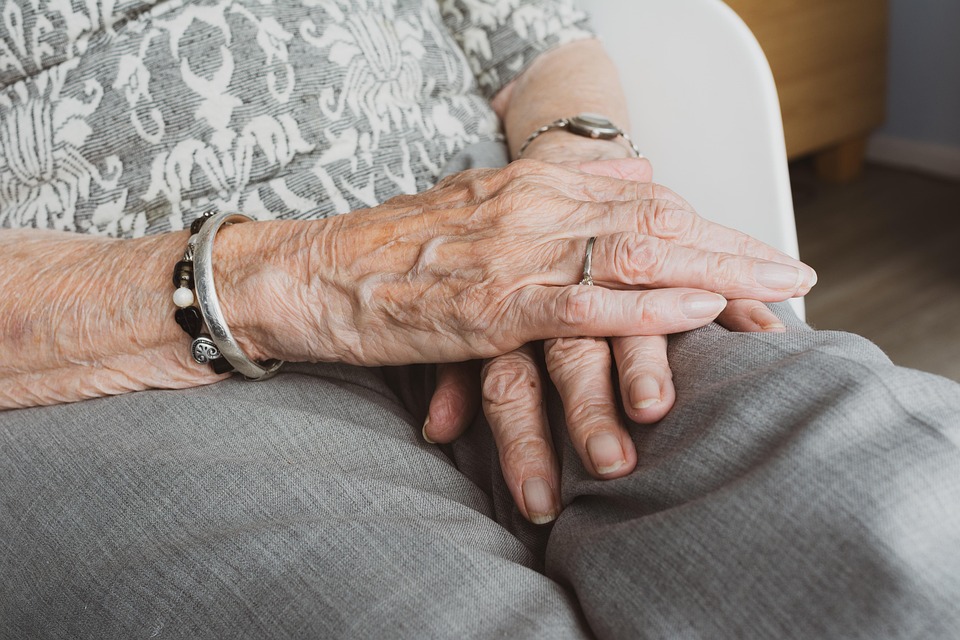Your bladder health is vital, especially as you age. Maintaining a healthy bladder can significantly enhance your quality of life, yet it often takes a back seat in conversations about wellness. Here’s the truth: prioritizing your bladder health is not just about comfort; it’s about living fully and confidently.
Understanding Bladder Health
Bladder health involves the proper functioning of your urinary system, which includes the bladder, urethra, and surrounding muscles. As you age, changes in your body can lead to various bladder issues, such as incontinence, frequent urges, or discomfort. A healthy bladder allows you to stay active, enjoy social situations, and feel secure in your daily life.
Bladder issues are common, but they don’t have to be your norm. By adopting simple, effective strategies, you can enhance your bladder health and enjoy better overall well-being.
1. Stay Hydrated, But Mindful
Drinking enough water is crucial for bladder health. Hydration helps dilute urine and flush out toxins. However, too much fluid intake, especially in the evening, can lead to nighttime bathroom trips.
- Tip: Aim for 6-8 cups of water daily, adjusting based on your activity level and climate. Monitor your fluid intake in the hours leading up to bedtime.
2. Watch What You Drink
Not all beverages are created equal. Some can irritate your bladder and lead to increased urgency.
-
Avoid:
- Caffeine
- Alcohol
- Carbonated drinks
- Artificial sweeteners
-
Opt for:
- Herbal teas
- Water infused with fruits
These choices can soothe your bladder instead of stressing it.
3. Maintain a Healthy Diet
What you eat directly affects your bladder. A balanced diet rich in fruits, vegetables, and whole grains supports overall health, including bladder function.
-
Include:
- High-fiber foods to prevent constipation (which can pressure the bladder)
- Foods rich in antioxidants, like berries and leafy greens
-
Limit:
- Spicy foods
- Acidic fruits, like oranges and tomatoes
A well-rounded diet can make a world of difference.
4. Practice Bladder Training
Bladder training is a powerful tool for managing urgency and frequency. This technique helps you regain control and reduce the urge to go.
- How to do it:
- Start by noting your bathroom habits.
- Gradually increase the time between bathroom visits. Aim for 15-30 minutes longer each week.
This method can lead to significant improvements in bladder control.
5. Strengthen Your Pelvic Floor Muscles
Your pelvic floor muscles play a key role in bladder health. Strengthening these muscles can help prevent leaks and improve control.
- Exercises to try:
- Kegel exercises: Squeeze and hold the pelvic floor muscles for a few seconds, then relax. Repeat several times a day.
These exercises are discreet and can be done anywhere, making them a perfect addition to your routine.
6. Manage Constipation
Constipation can put pressure on your bladder and lead to discomfort and urgency. Maintaining regular bowel movements is essential for bladder health.
- Tips to prevent constipation:
- Increase fiber intake
- Stay hydrated
- Regular physical activity
If constipation persists, consider discussing it with your healthcare provider.
7. Stay Active
Physical activity does wonders for your body, including your bladder. Exercise helps improve circulation, muscle tone, and overall health.
- Recommendations:
- Aim for 30 minutes of moderate exercise most days.
- Incorporate activities you enjoy, such as walking, swimming, or dancing.
Staying active is not just good for your heart; it’s good for your bladder too.
8. Limit Medications with Side Effects
Some medications can contribute to bladder problems, including diuretics and antihistamines. If you notice changes in your bladder health after starting a new medication, consult your doctor.
- Tip: Always discuss medication concerns with your healthcare provider to find alternatives if necessary.
9. Regular Check-Ups
Don’t shy away from discussing bladder health with your doctor. Regular check-ups can help catch issues early and ensure you’re on the right track.
- What to ask:
- Discuss any changes in your bladder habits.
- Ask about pelvic floor exercises.
- Inquire about dietary recommendations.
Your healthcare provider can offer personalized advice based on your unique situation.
10. Educate Yourself
Knowledge is power. Understanding bladder health can empower you to take control.
- Resources to explore:
- National Institute of Diabetes and Digestive and Kidney Diseases
- Urology Care Foundation
- Mayo Clinic
Educating yourself about bladder health enables you to make informed choices and discuss relevant concerns with your healthcare provider.
Bottom Line
Taking charge of your bladder health is essential for enjoying a vibrant life. By implementing these 10 essential tips for bladder health in seniors, you can enhance your well-being and confidence. Remember, you’re not alone on this journey; with the right knowledge and support, you can thrive.
Take the first step today. Whether it’s drinking more water, engaging in pelvic floor exercises, or scheduling that check-up, every small action counts. Your bladder health matters—make it a priority!
FAQ
What are the common signs of bladder issues in seniors?
Common signs include frequent urination, urgency, discomfort, and incontinence. Don’t hesitate to consult a healthcare provider if you experience these symptoms.
How can I improve bladder control quickly?
Strengthening pelvic floor muscles through Kegel exercises and practicing bladder training can lead to quick improvements.
Is it normal to wake up at night to urinate?
Waking up occasionally to urinate is common, but frequent nighttime trips can indicate a problem. Consult your healthcare provider for personalized advice.
Get Your FREE Natural Health Guide!
Subscribe now and receive our exclusive ebook packed with natural health tips, practical wellness advice, and easy lifestyle changes, delivered straight to your inbox.




